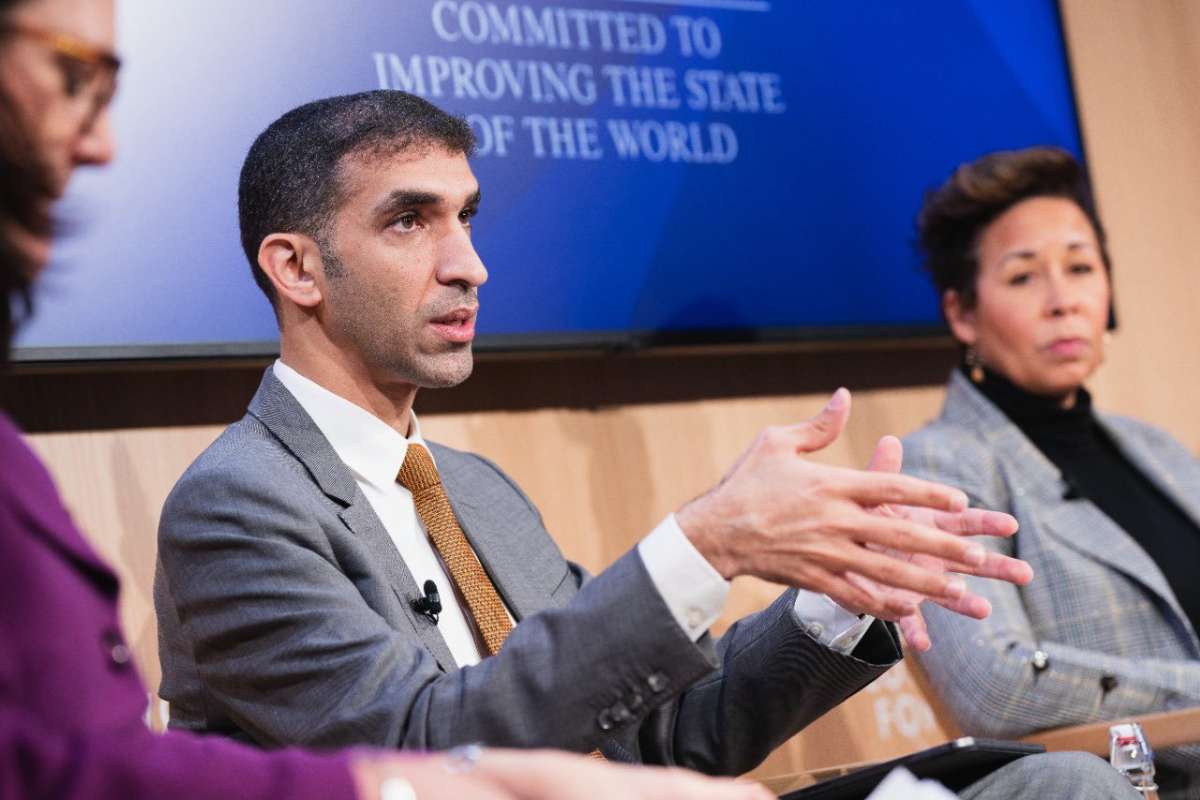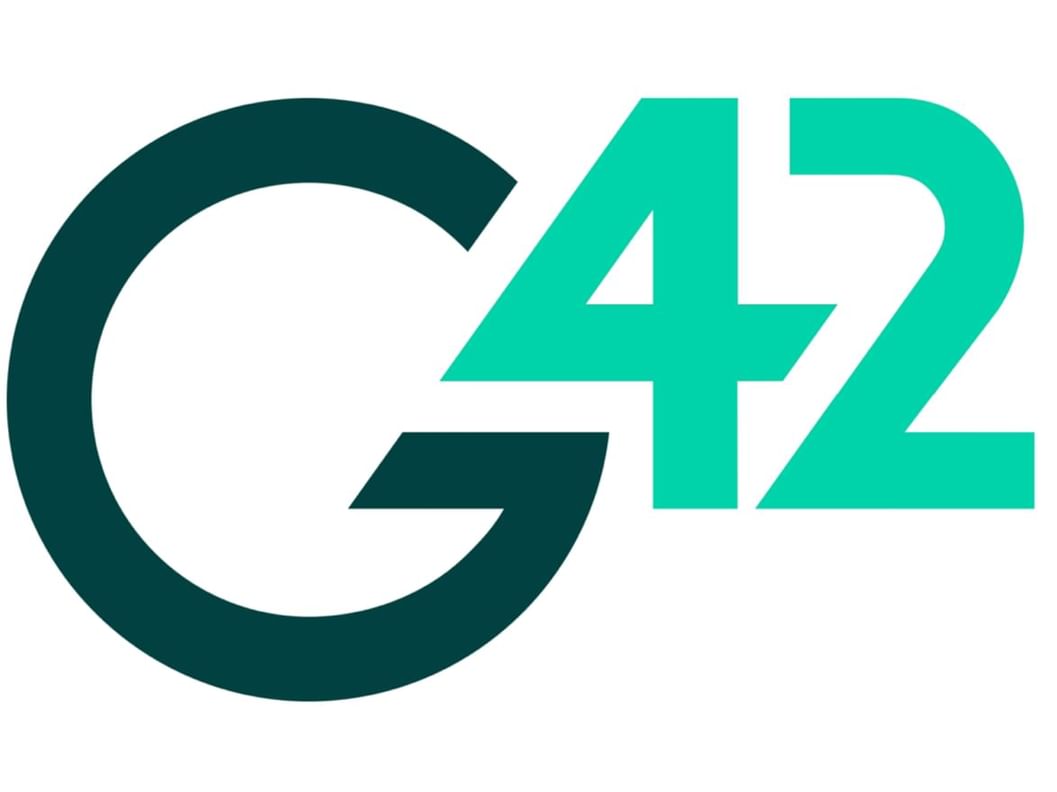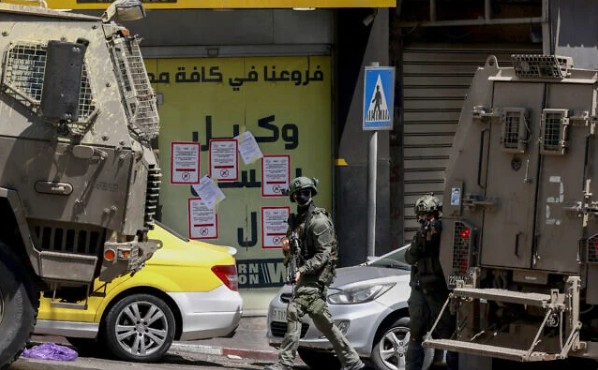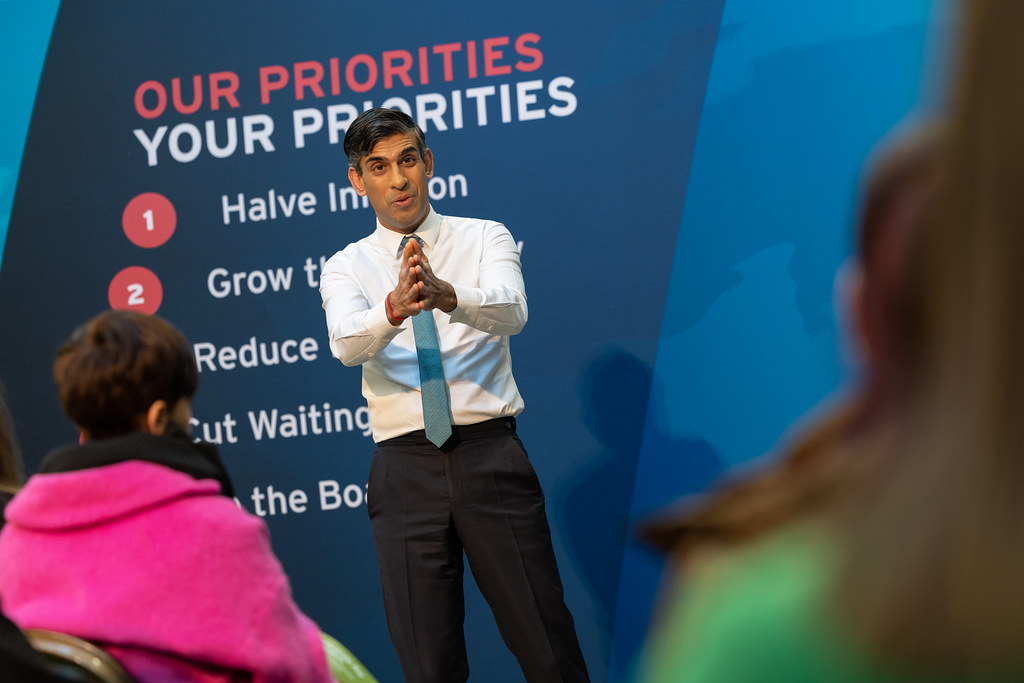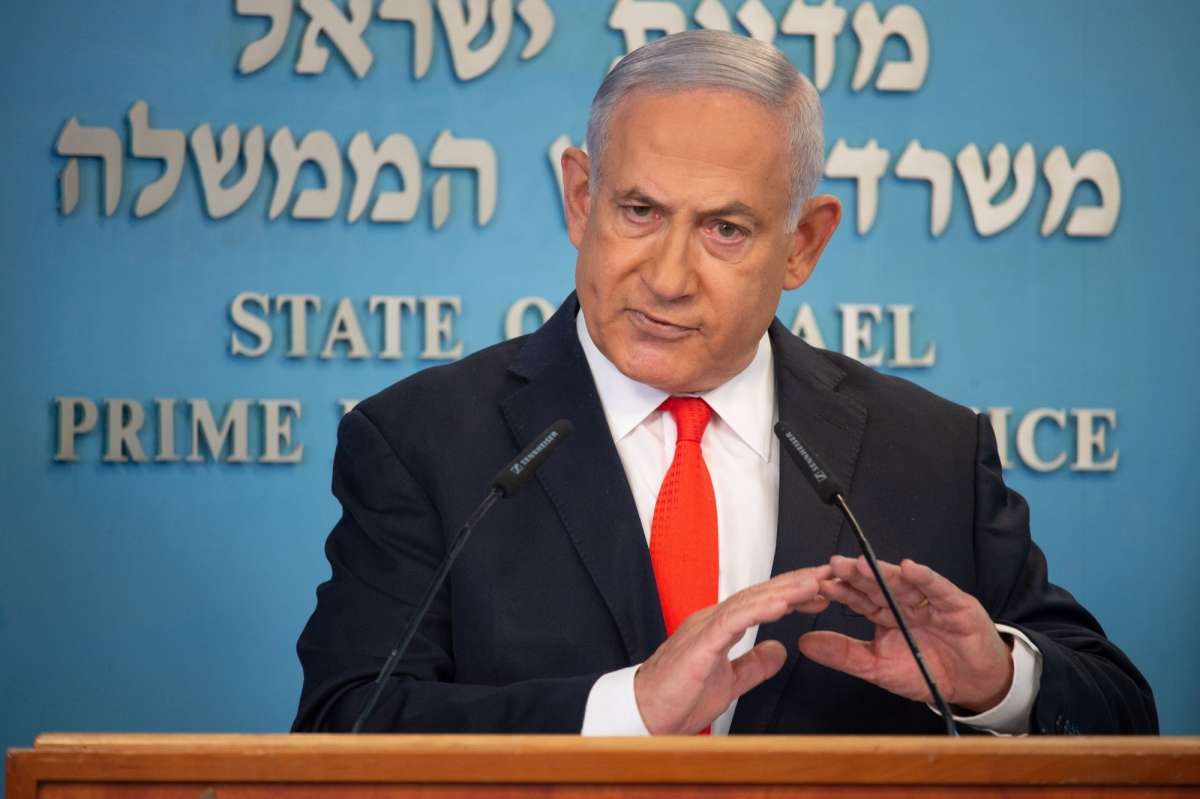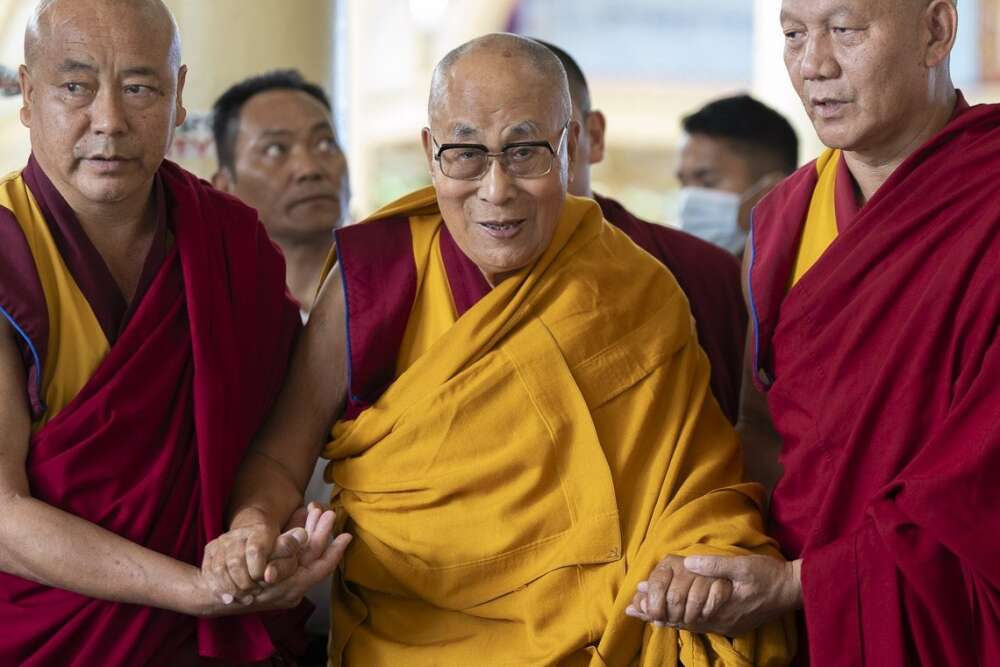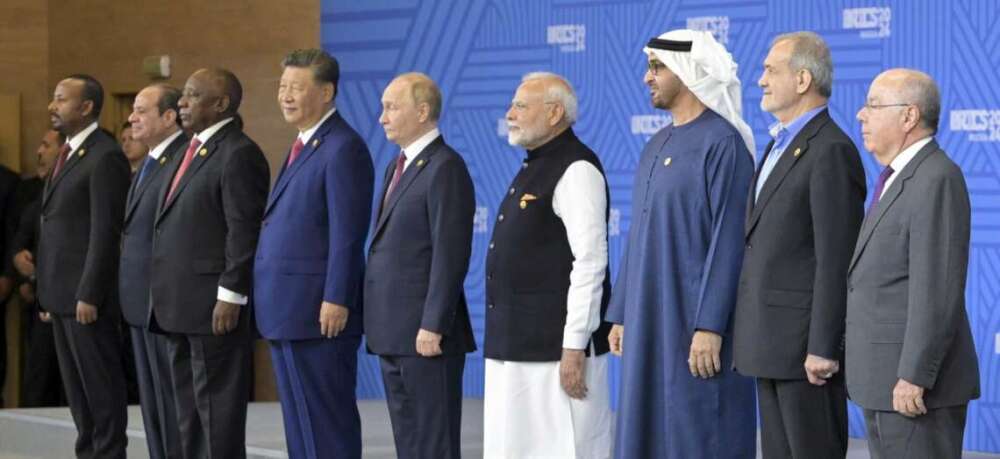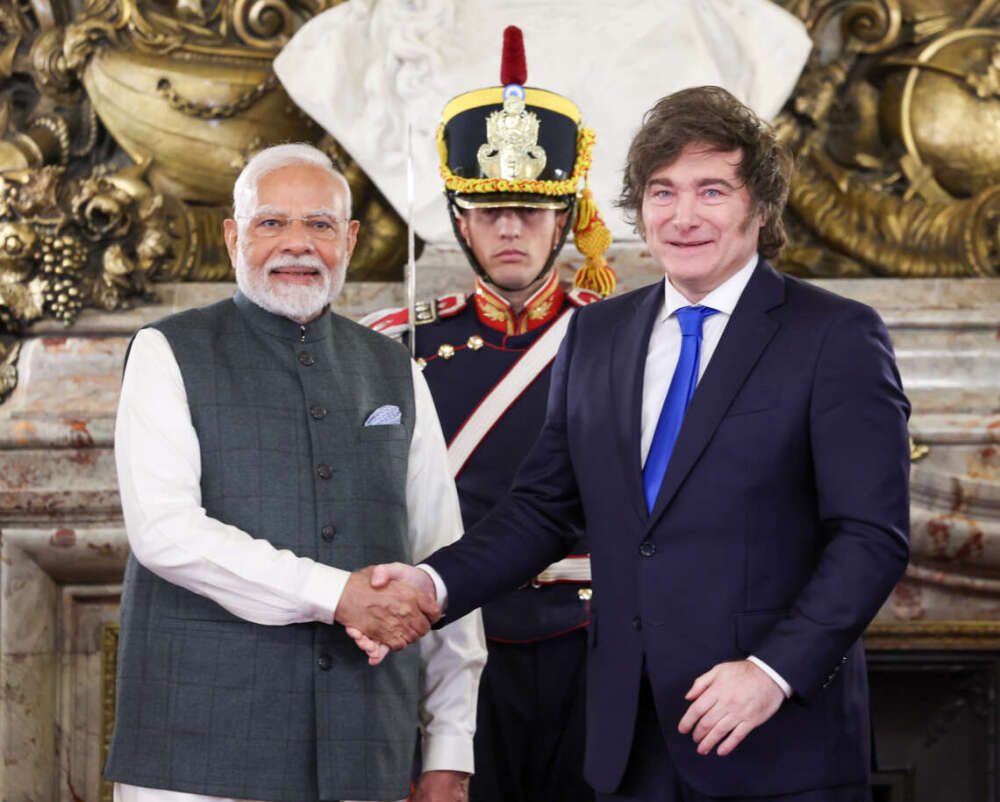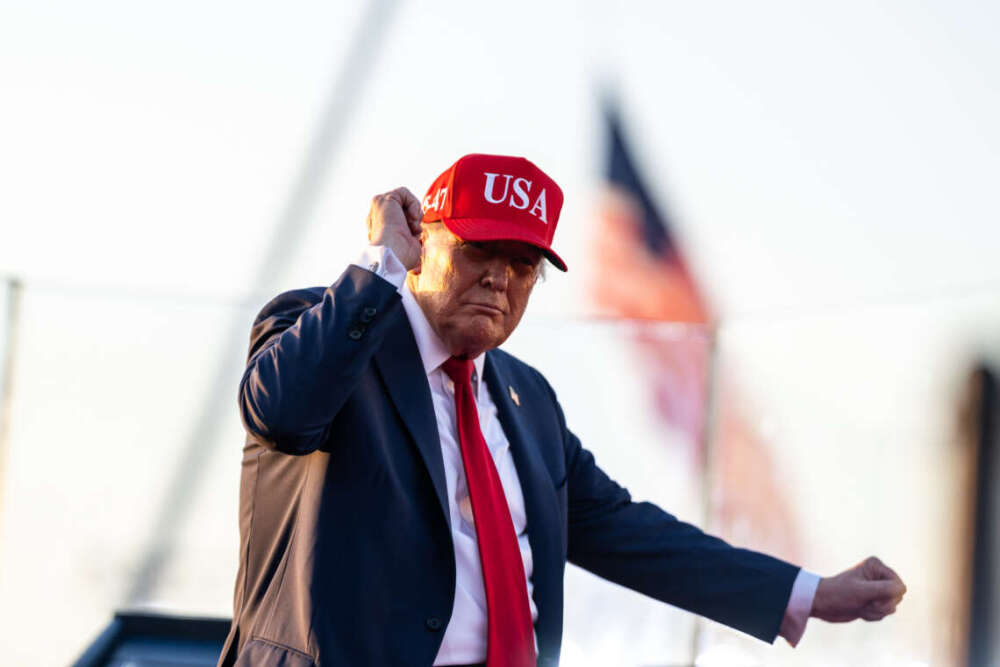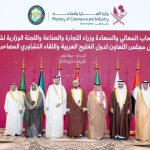Dr. Thani bin Ahmed Al Zeyoudi said the Trade Tech Initiative is a crucial step in modernising global trade, using the tools of the Fourth Industrial Revolution (IR 4.0)….reports Asian Lite News
The UAE has signed a Memorandum of Understanding (MoU) with the World Economic Forum (WEF) during its annual meeting in Davos, Switzerland, to support the UAE’s new Trade Tech Initiative, which is designed to accelerate the digitisation of international supply chains, enhance customs procedures, improve developing countries’ access to the global trading system and, as a result, spur a new era of trade growth.
From the UAE’s side, the MoU was jointly signed by Dr. Thani bin Ahmed Al Zeyoudi, Minister of State for Foreign Trade, and Mohamed Ali Al Shorafa, Chairman of the Abu Dhabi Department of Economic Development (ADDED), and Prof. Klaus Schwab, WEF Founder and President.
The agreement will support the UAE’s efforts to deliver the initiative’s four key components: a global forum to gather trade, industry and technology leaders to share best-practice; an annual research report into the trade tech landscape, real-life applications and emerging trends; a regulatory sandbox to enable companies and startups to experiment with trade-tech innovations; and an incubator for promising startups in the trade tech space.
“The Trade Tech Initiative is a crucial step in modernising global trade, using the tools of the Fourth Industrial Revolution (IR 4.0) to reduce the cumbersome and inefficient paper-based processes that continue to dominate supply chains,” said Dr. Al Zeyoudi.
“The UAE has emerged as a vocal champion of trade innovation and, at a time when global supply chains are still recovering from the impact of the pandemic, we believe it is essential to harness the benefits of advanced technology to catalyse global trade. From using artificial intelligence to automate customs processes and warehouse management to deploying blockchain to revolutionise trade finance, cross-border payments, and know-your-customer procedures, the potential for enhancement is limitless.”
Al Zeyoudi said international buy-in and regulatory frameworks are essential for these ideas to take root and UAE’s partnership with the World Economic Forum is a vital first step in realising the goals of the Trade Tech Initiative.
He said the UAE will host MC13, the leading decision-making body of the World Trade Organisation, in 2024. “We are determined to build consensus over the next 12 months to begin pioneering a new era of fully digitised, operationally efficient global trade.”
Meanwhile, Al Shorafa stated that the UAE has a strong track record in developing and deploying innovative technologies to enhance efficiencies in the trade process. “Forming an important complementary extension to the federal system, Abu Dhabi’s continuously evolving trade facilitation solutions simplify procedures, reduce time and cost, and increase trade volumes.”
“A typical example is our Advanced Trade & Logistics Platform (ATLP), the one-stop-shop for all trade operations. The emirate utilises advanced technology such as AI-powered systems to enable traders facilitate their import and export transactions.”
Trade is catalyst of growth
Dr. Thani bin Ahmed Al Zeyoudi has highlighted the centrality of trade to the global economy and the importance of modernising supply chains to meet the challenges in the year ahead during his visit to Davos.
After a record year for global trade, with the total value exceeding US$32 trillion and world container shipping hitting an all-time high in August 2022, the World Trade Organisation has trimmed its forecast for trade growth to just one percent in 2023, citing increasing downside risks from inflation, consumer spending and the ongoing energy crisis.
Dr. Al Zeyoudi used his visit to engage leaders across the world to champion multilateralism and accelerate the adoption of technology to catalyse the flow of goods and ensure all nations have equal, unrestricted access to the global trading system.
Citing the UAE’s own trade successes in 2022, including record exports and the first half-year to exceed AED1 trillion in the nation’s history, and the WTO’s decision to host its 13th Ministerial Conference (MC13) in Abu Dhabi in Q1 2024, Dr. Thani positioned the UAE as a gateway to the world – and a leading voice on trade reform.
He shared a positive vision during ministerial meetings with Yulia Svyrydenko, First Deputy Prime Minister, Minister of Economy of Ukraine, Pan Sorasak, Minister of Commerce for Cambodia, two nations with whom the UAE is now negotiating Comprehensive Economic Partnership Agreements.
Amid an uncertain global economic climate, he said, the UAE remains an open, ambitious, dynamic economy that is reaching out to the world to accelerate trade. “The centre of economic gravity is slowly shifting south and east, and we are at the heart of this evolution. In H1 2022, the Middle East experienced the highest year-on-year trade growth in the world at 74 percent, and we believe our foreign trade agenda can continue to facilitate global trade.”
“We want to be the bridge to the private sector, driving new trade deals, partnerships, FDI, and talent migration, and helping to connect the world’s fastest-growing economies. This is why we are working with the World Economic Forum to study ways to inject technology into our global trading system and drive that change. At a time when many worry about deglobalisation, we are looking to drive global economic expansion – to the benefit of us all,” he added.


